It’s not hard.
If you went back two years and told me this would be my opinion of the language now I’d laugh at how ridiculous that sounds.
My notebook around the time I first began learning:
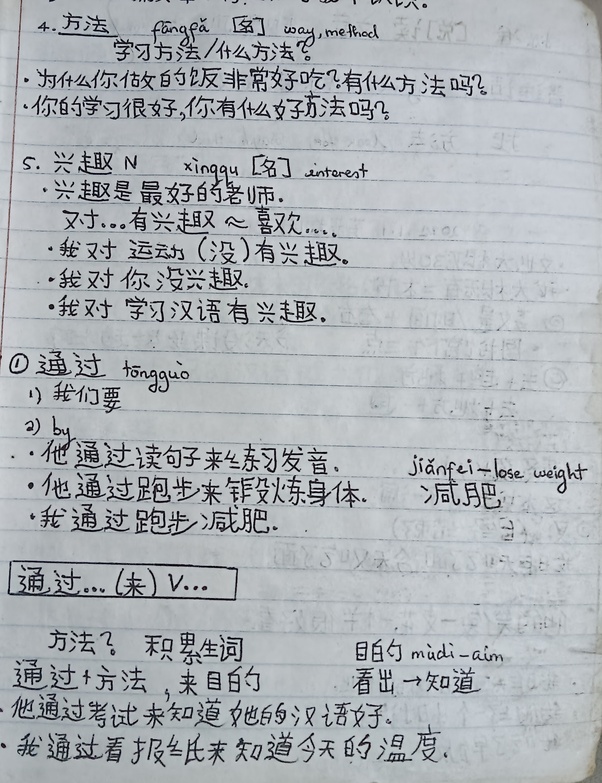
Large, clear characters, spaced out. English words describing meanings are littered here and there.
My notebook a few months later:
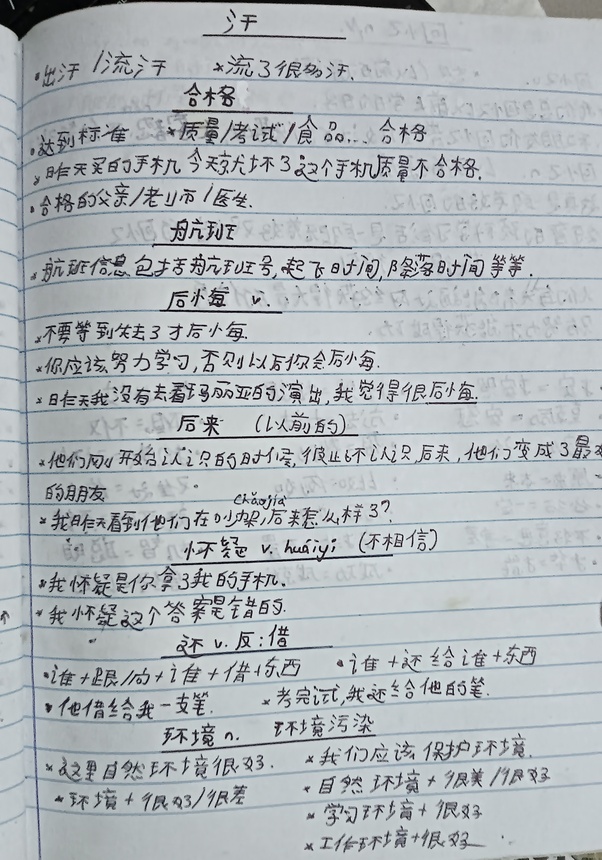
Characters smaller, closer, strokes less defined; writing’s even got a slant to it. Old habits die hard I guess. No English words to be found.
But it’s true. Chinese is not that hard. I came to this conclusion when I stumbled upon an interesting revelation:
Don’t exert yourself. Learn only what you need to survive.
The word for nail polish remover in Chinese is 去光水 qùguāngshuǐ. Would I use this word in my daily life? Rarely ever, most likely. I don’t need to know it.
The word for program (computing) is 编程biānchéng.
Would I use this word in my daily life? Kind of; I would need it in school. So I need to study it; I add it to my personal dictionary and I revise it.
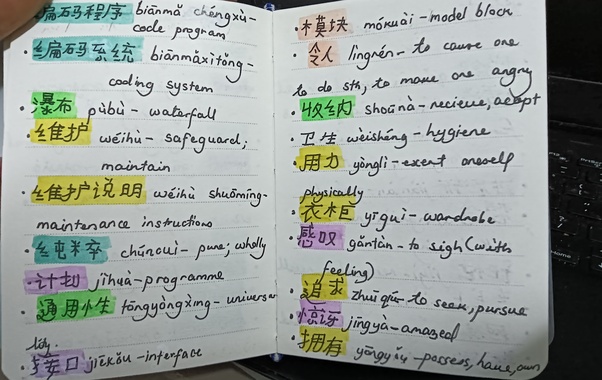
The word for shoe is 鞋 xié. Would I use it in daily life? Definitely. So I learn it.
I learn what I need.
The more you are exposed to Chinese, the slowly the thick curtains that seems to be the complexity of the characters drop away and you realise they’re just words and once you know the meaning of some basics, you can put together the meanings of more complicated ones.
After my online classes concluded, I kept my Chinese muscle fit by revising words and reading.
Trying to read 1984, Chinese edition. Challenge to be continued, hehe.
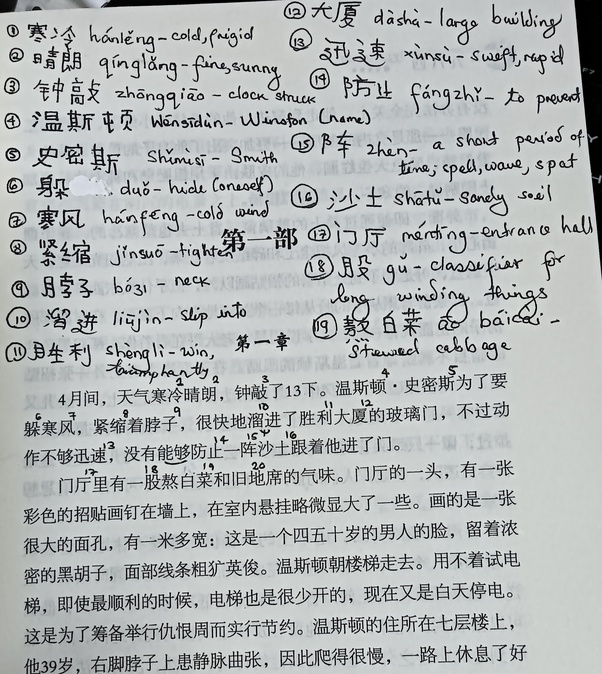
I’m only bragging with that book up there. I tend to stay comfortably within my reading level with classics like these:
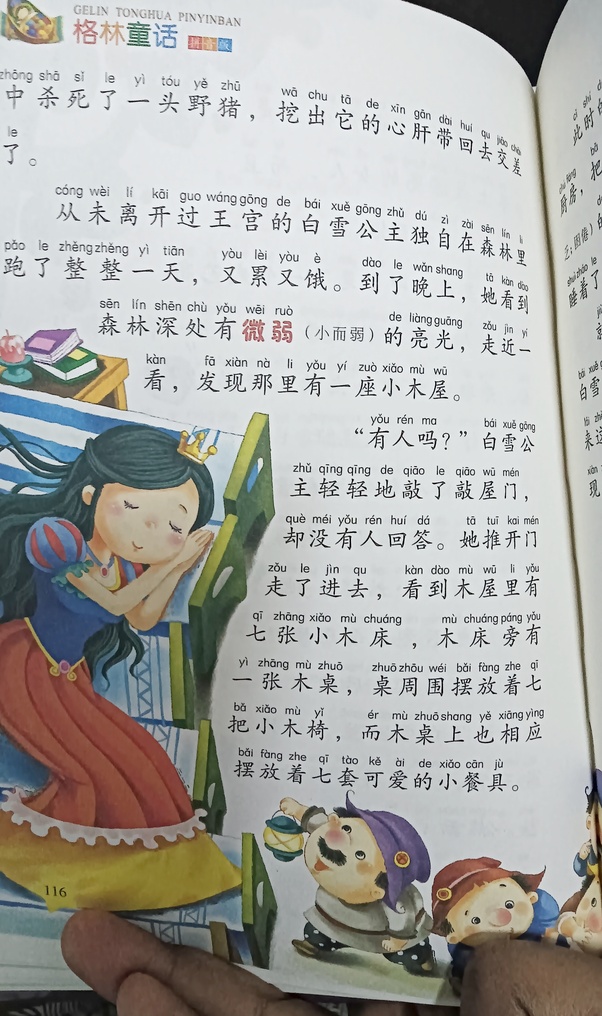
Learning a new language takes alot of work at first, then it’s like keeping in shape. Like the muscle metaphor. Keep using it to have it in good shape, it’s easy to slip away otherwise.